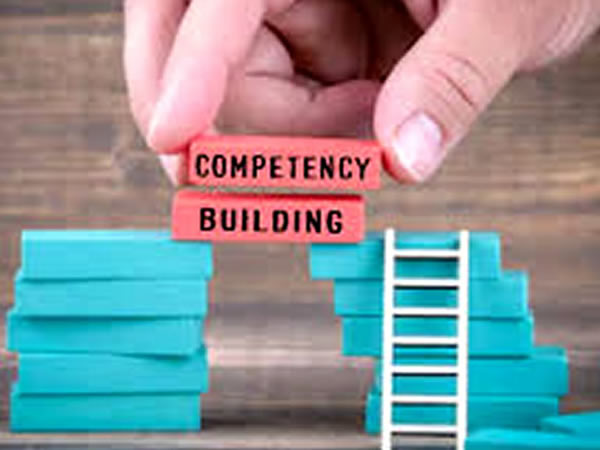Schools to Universities, everyone is talking about competency building; that is the need of the hour they declare; the curriculum needs to be changed they say. While their voice is loud and clear and there is a lot of truth in what people say, several myths muddy the waters and render all efforts null and void.
The most important one is around pedagogy, the way people learn.
Myth: We need to introduce learning time and portions to build competency.
Many think that unless we see the word competency either in the timetable or in the textbooks used this is not happening. When a subject is taught through an activity we are building a certain competency in addition to the concepts. If we do an experiment we are building practical skills by getting students to use lab equipment. If we ask them to do a survey or `google information’ we are teaching them research skills. So ultimately competencies boil down to the way we learn rather than what we learn. Immaterial of the subject, the medium of instruction or the textbook used or even the Board being followed learning depends on the pedagogy, a term that refers to the way people learn and one which is getting sidelined in all public discourses. I will go as far as to say that every bit of planning in a school should revolve around pedagogy and it should be central to the time and space allotted for learning.
It is akin to what is happening with Moral science or skills like spoken language or mental maths. Setting aside time for these skills will not guarantee that these skills will be developed in children. What will surely contribute is the fact that subjects are taught using these skills in the classroom, which is pedagogy.
When students engage in solving normal maths sums in various concepts be it mensuration or simple fractions, if they employ mental maths they will not only learn the concept but also build their competency. So, the way they are taught maths is the key. Similarly, when they engage in language skills they are actually reading material on a subject other than language itself. They read about humanity, culture, science, history, or simply human values. So how do we develop language? We employ the four language skills LSRW (Listening, Speaking, Reading, and Writing). Any amount of grammar training will not ensure good writing skills or speaking skills unless they actually do it.
From both the examples it is clear that pedagogy dictates competencies and not `what’ they study.


